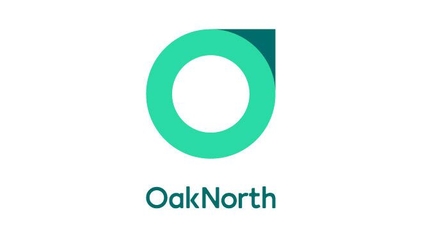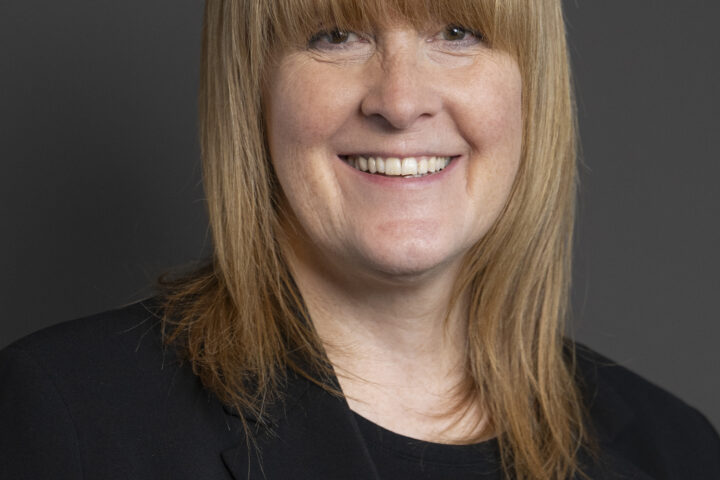UK unemployment fell unexpectedly in the three months to June, while wage growth slowed to its lowest level in more than two years, signaling a cooling job market. According to the Office for National Statistics (ONS), unemployment dropped to 4.2% during this period, down from 5.7% in the three months to May. This was lower than economists’ expectations of 4.5% and the Bank of England’s forecast of 4.4%.
Concerns have been raised about the reliability of unemployment data following the suspension of the ONS’s Labour Force Survey last October. Wage growth is now considered a more crucial factor in the Bank’s decision-making process. The ONS had planned to launch a new survey in September but postponed it until 2025 due to data collection issues.
In June, average earnings excluding bonuses rose by 5.4%, down from 5.7% in the previous three months, marking the slowest growth since mid-2022. This further supports the view that the job market is cooling. Including bonuses, wages grew by 4.5%, a significant slowdown from 5.7%.
ONS director Liz McKeown noted that while basic pay growth remains strong, it is continuing to slow. The Bank of England has been closely monitoring private-sector wage growth, which also showed signs of easing.
Despite the gradual easing of wage pressures, Jack Kennedy, a senior economist at hiring platform Indeed, cautioned that the disinflation process remains slow. This could limit the Bank’s ability to further ease monetary policy in the coming months.
Job vacancies also fell by 26,000 to 884,000 during this period, indicating continued pressure in the labor market. These figures are the first in a series of official economic data to be released this week, which will influence policymakers’ decisions on whether to cut interest rates in September.
Further ONS data is expected to keep the Bank cautious about further rate cuts, especially as UK inflation is anticipated to rise to 2.3%, moving away from the central bank’s 2% target.
Chancellor Rachel Reeves acknowledged the need for continued support in getting people into employment, hinting at potential spending, welfare, and tax decisions in her upcoming Budget to strengthen the economy.
Following the release of these figures, the pound rose by 0.24% against the dollar.







